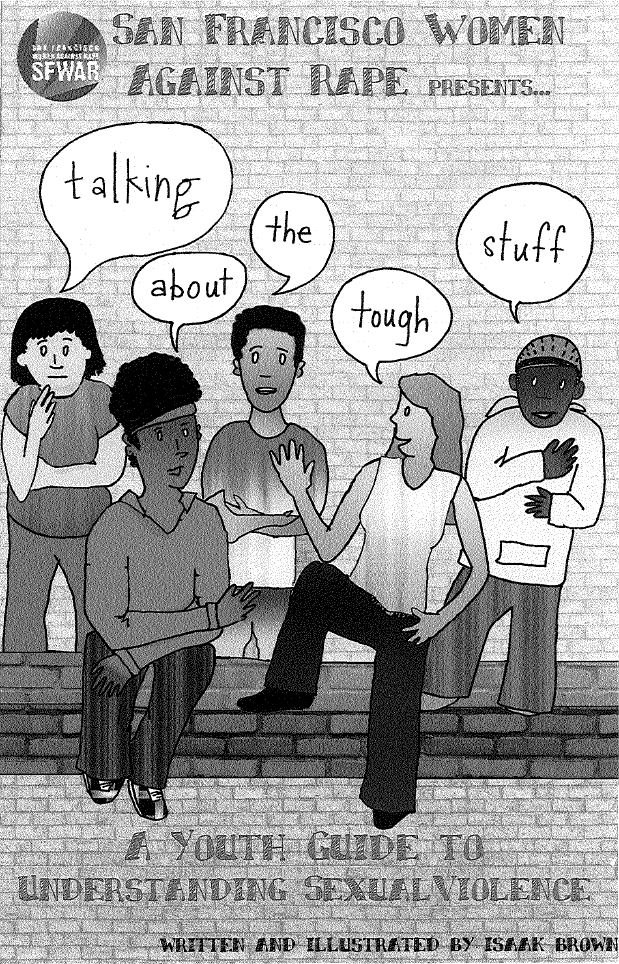Warning signs of abusive behavior:
- Blames others for their problems or mistakes. Your partner is unwilling to take responsibility for their actions and the effects those actions have on others. For example, deciding to hang out with you instead of doing their homework and then blaming you for getting a bad grade.
- Breaking promises/dishonesty. You catch your partner in lies all the time. For example, he/she says they can’t go out with you but then you hear from someone else that they were at a party.
- Jealousy/controlling behavior. Your partner keeps tabs on you all the time. For example, they are always demanding to know where have you been, who you talked to, what someone said to you, what you did, or when you came home. He/she may even frequently call you at all hours of the day to check up on you. They are possessive and don’t want you to be friends with others, or spend time with others. This type of behavior should not be mistaken as “real love.”
- Criticizing. Your partner is always picking on you, sometimes even in front of other people, making negative comparisons between you and others. They don’t like the way you walk, talk, dress, drive, or eat, etc. Nothing you ever do is right or good enough.
- Doesn’t listen to you. Your thoughts, feelings, activities or interests are dismissed and treated as unimportant or trivial.
- Sexist attitude. Your boyfriend puts down women as a group and makes sexual comments about women in front of you.
- Pushes sex. Your partner makes the issue of sex a constant hassle and is only interested in their own satisfaction. He/she may force, manipulate, or coerce you to have sex when you don’t want to, believing that they should get it when they want it. He/she may often use the phrase, “If you loved me, you would say yes.” Both partners need to respect each others boundaries and ensure there is mutual consent before engaging in sex; anything other than “yes” (ex: “I don’t know,” “I’m not sure” or “Maybe”) should be treated as a “no.”
- Physical violence. Your partner uses physical threats and violent behavior to intimidate and control you. For example, hitting, punching, pushing, pinching, shoving, kicking, etc. According to a study by Kids Health, 1 in 11 high school students report being physically hurt by a date.

